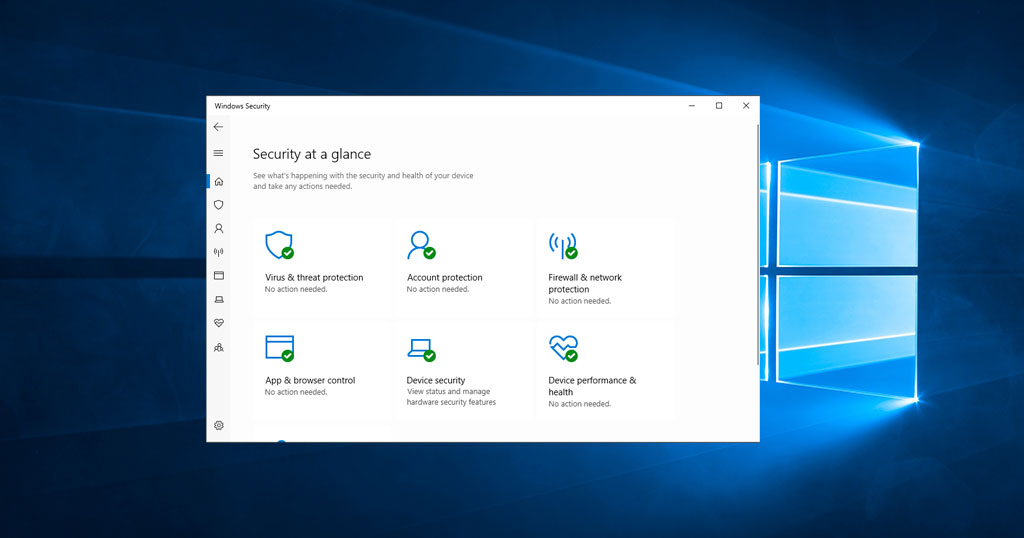Microsoft is developing Defender security extensions for Chrome and Firefox
There's a catch.

There exist shady corners of the web where malware runs rampant, and even if you make an effort to avoid them, you may find yourself somewhere unsafe anyway as the result of a redirect and/or a hijacked website. Hey, it happens. To help deal with that, Microsoft is porting its Defender Application Guard extension for Edge over to Chrome and Firefox. There's a catch, though.
Defender Application Guard is a container technology to isolate browsing sessions—and some of the nasty things that may come with it—from the operating system. This is otherwise known as a sandbox, which browsers like Chrome already use to a certain extent.
Microsoft's extension is a more restrictive sandbox. It's also tied to its Edge browser, so those secure browsing sessions initiated by the extension don't actually take place in Chrome or Firefox.
"When users navigate to a site, the extension checks the URL against a list of trusted sites defined by enterprise administrators. If the site is determined to be untrusted, the user is redirected to an isolated Microsoft Edge session. In the isolated Microsoft Edge session, the user can freely navigate to any site that has not been explicitly defined as trusted by their organization without any risk to the rest of system," Microsoft explains.
It works essentially the same way it does in Edge, because the extension is still relying on Edge rather than creating an actual barrier in Chrome or Firefox. That said, it does feature a dynamic switching capability.
"If the user tries to go to a trusted site when in an isolated Microsoft Edge session, the user is taken back to the default browser," Microsoft says.
Microsoft is currently testing the extension in its Windows Insider program and expects to make it generally available "very soon" to Windows 10 Pro and Enterprise users. Windows 10 Home users will not have the same option.
Keep up to date with the most important stories and the best deals, as picked by the PC Gamer team.
It's not clear if this will seamlessly port over to the new version of Edge, once Microsoft guts its browser and rebuilds it atop Chromium, the open source code that Google's own Chrome browser is based on.
Paul has been playing PC games and raking his knuckles on computer hardware since the Commodore 64. He does not have any tattoos, but thinks it would be cool to get one that reads LOAD"*",8,1. In his off time, he rides motorcycles and wrestles alligators (only one of those is true).


